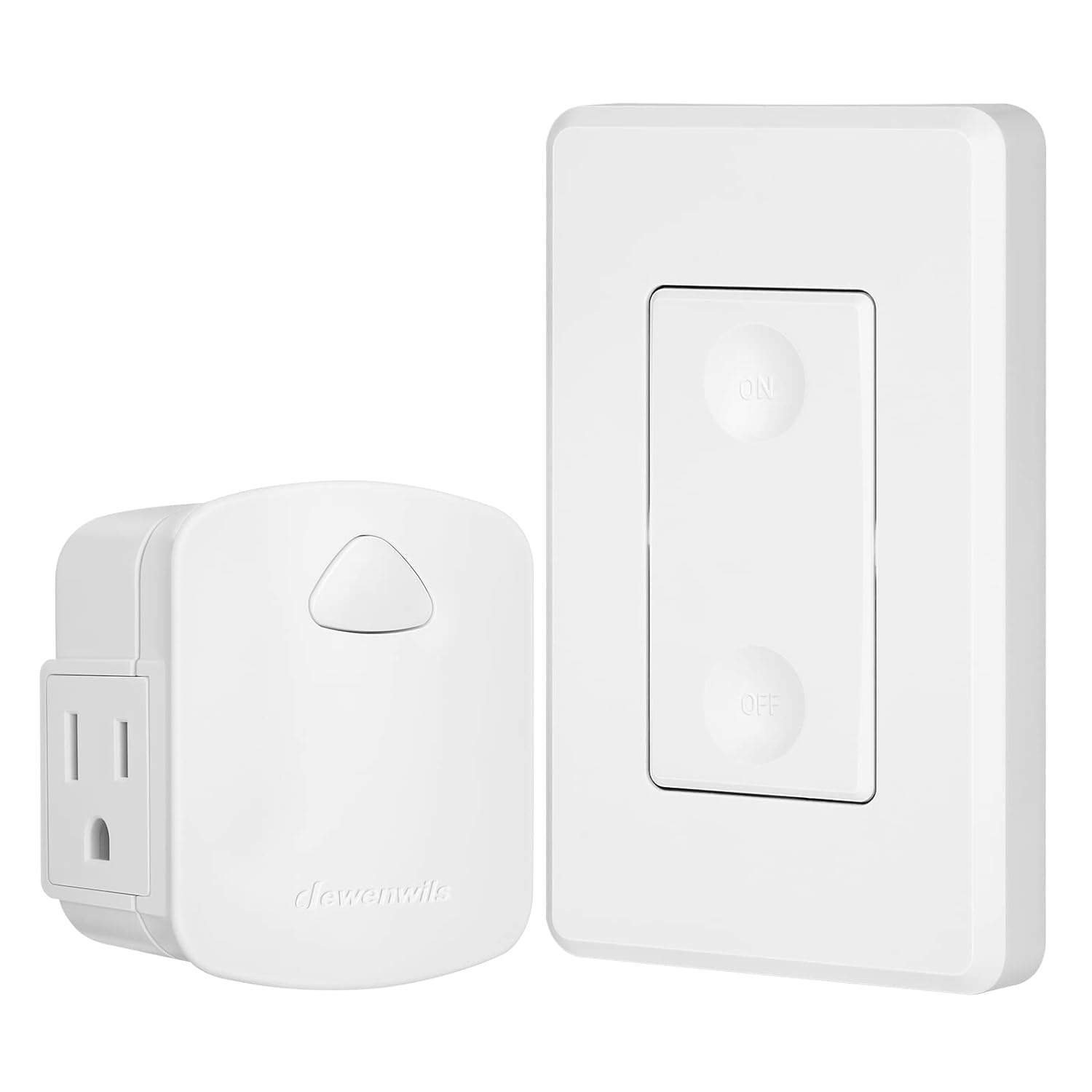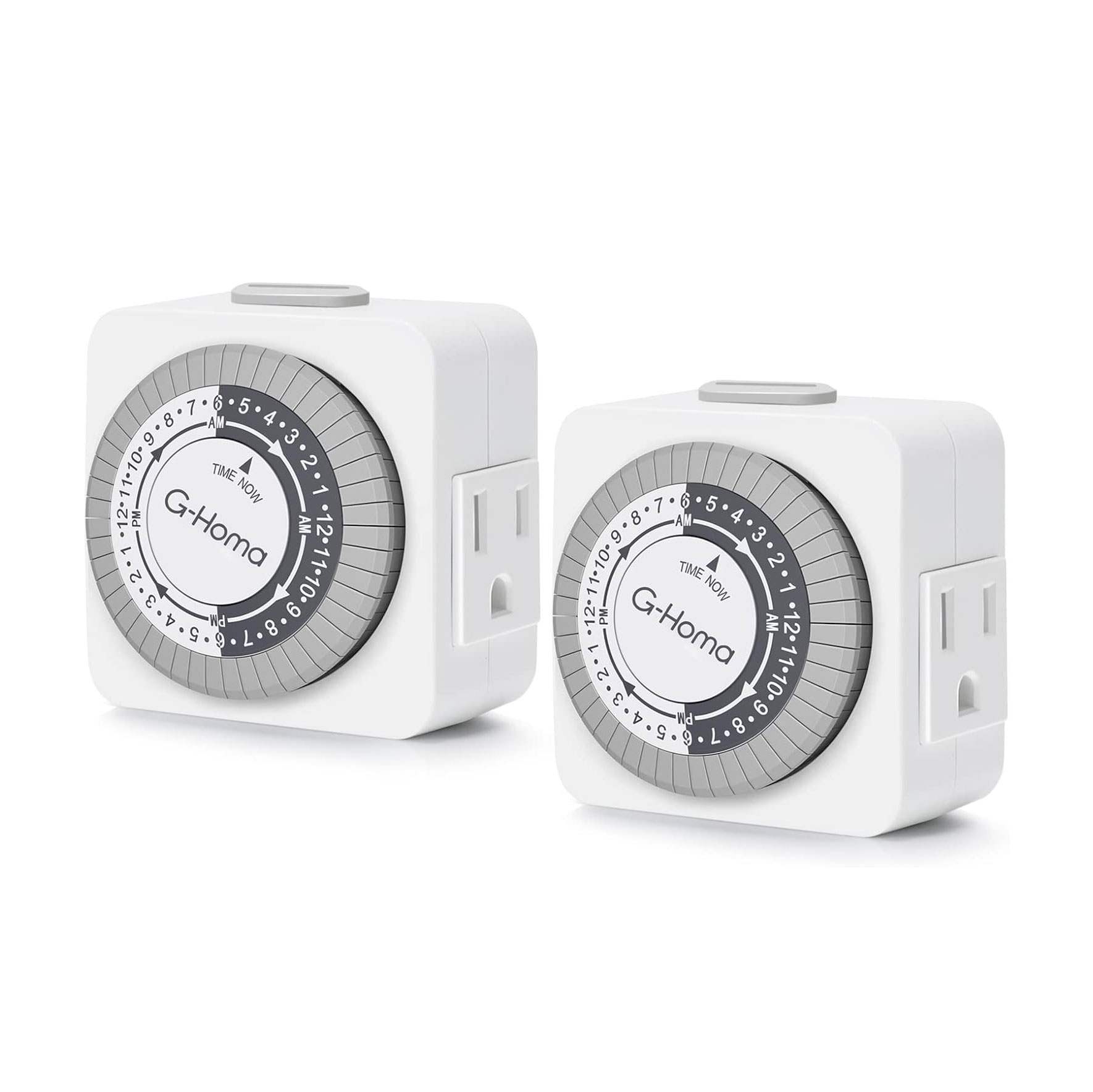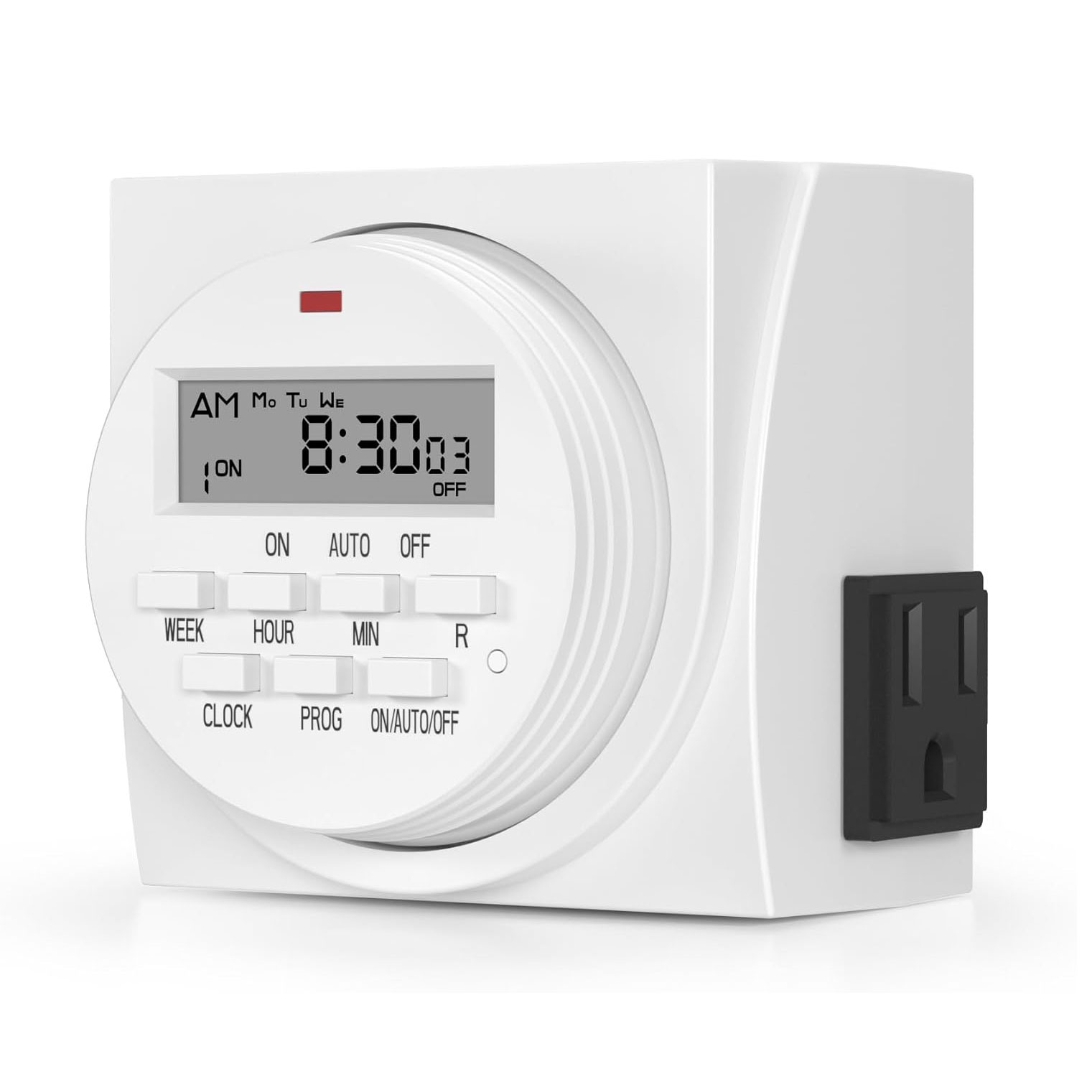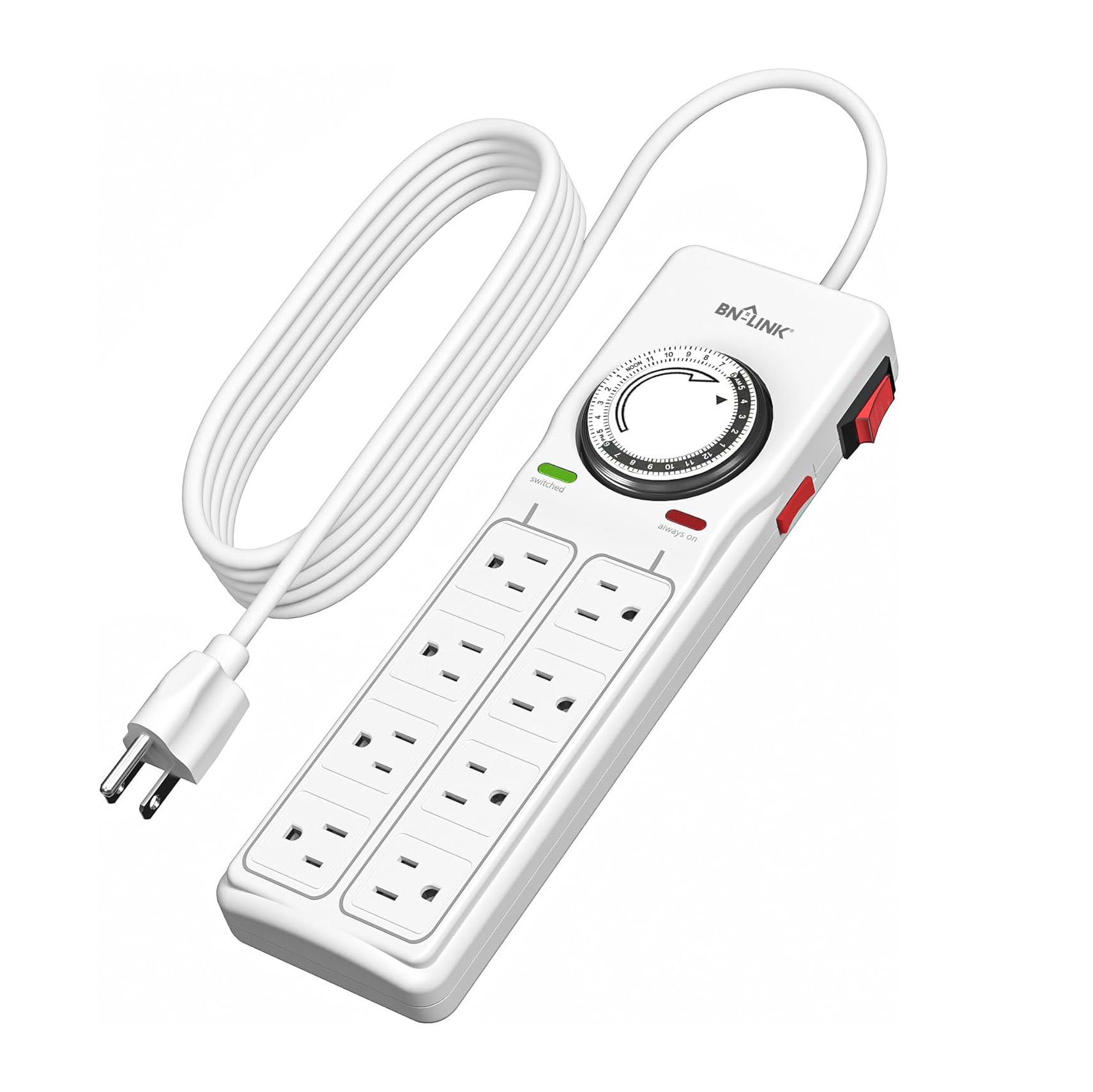5 appliances you should always unplug before going on vacation
Bring relaxation back into your vacation by following these appliance safety tips suggested by experts

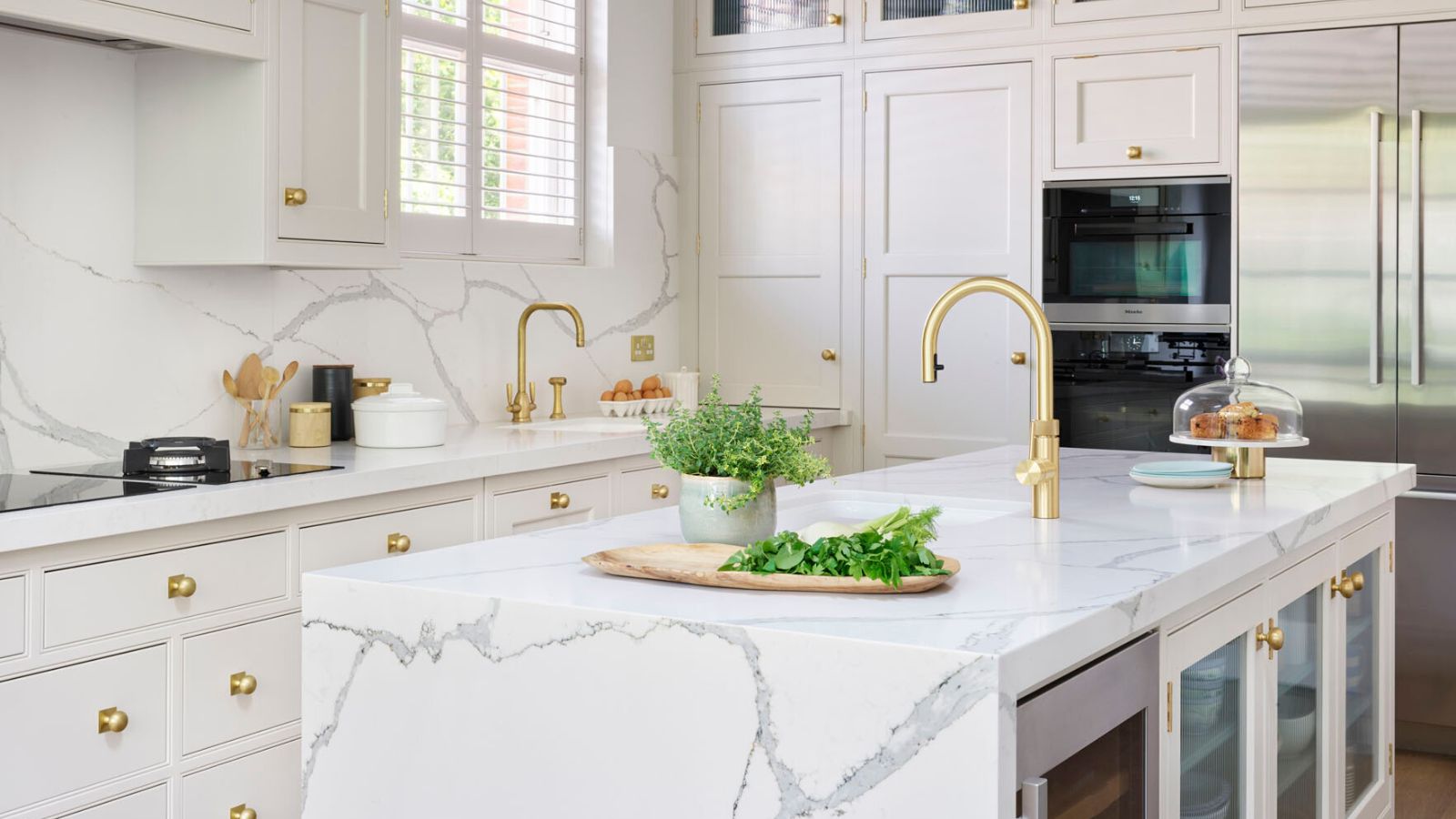
The vacation you have been looking forward to is finally just around the corner, and I’m sure the last thing you’ll want to do while away is worry about your home appliances. We’ve all been there – as you pull out of the driveway you have a lingering urge to check that your oven is definitely switched off one more time, or that the tap isn’t on and flooding your bathroom.
Leaving appliances switched on is an undeniable source of anxiety, but did you know there are some household appliances you don’t even need to leave plugged in at all if you’re going on a much-needed holiday? Yes, regardless of whether they are on or off, certain items need to be sent away from the sockets.
Fear no longer, because we talked to electricians and appliance specialists to give you all the information needed to put your mind at ease for your upcoming travels. Here’s what they had to say.
5 appliances to unplug to avoid electrical surges
No matter if you want to hide cords on kitchen counters or organize cables to keep your living space neat, you should never take the risk with these five items – whether it is aesthetic or not.
1. Devices connected to Wifi
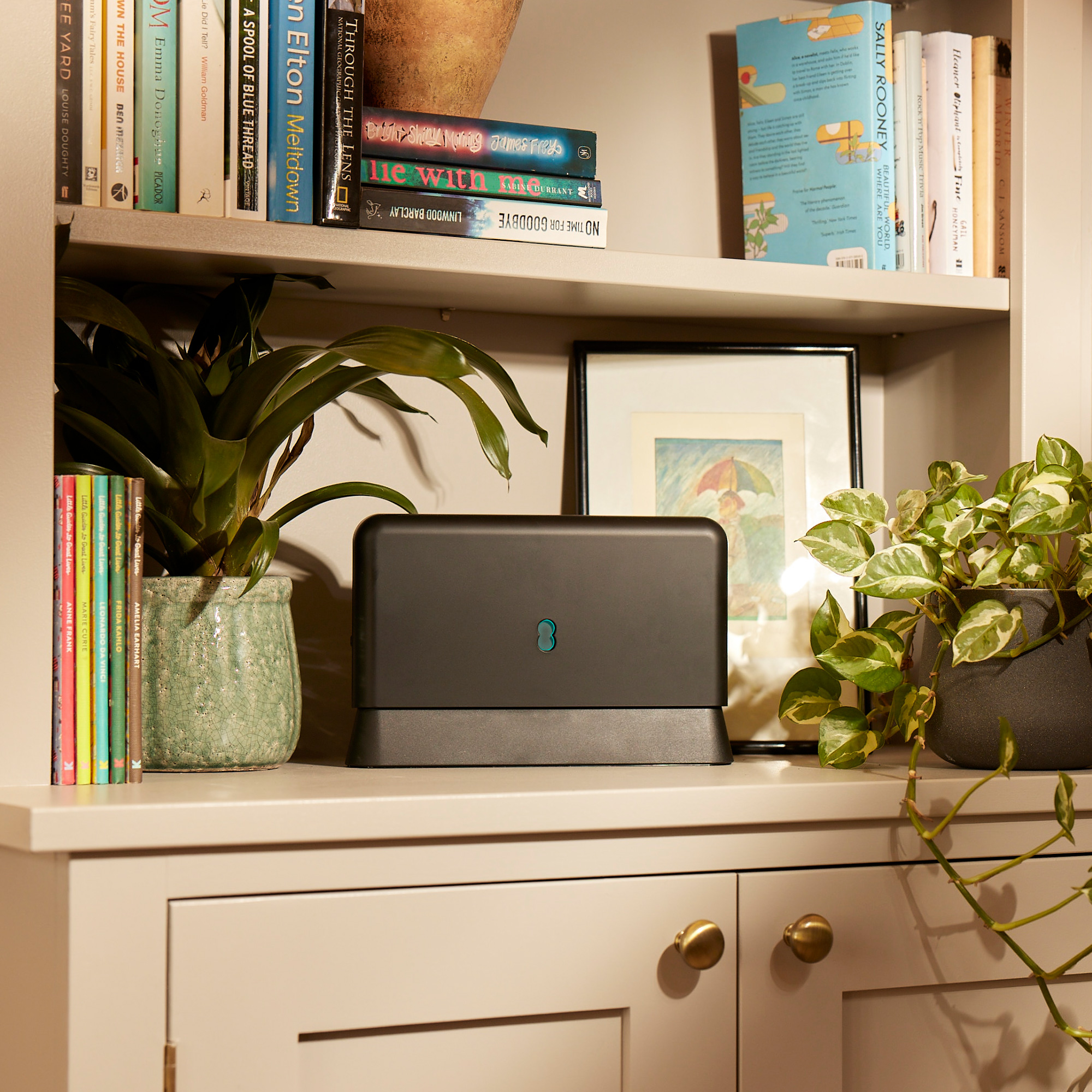
If your Wi-Fi hub, game consoles, and more are all plugged in while you’re away, they really don’t need to be. After all, you’re not going to be there using any of them! Although leaving these items plugged in doesn’t hold a high chance of creating a hazard in your home while you’re away, it will certainly add to your energy bill.
‘I might consider unplugging devices with Wi-Fi connection if I’m going on holiday, or at least ensure that the Wi-Fi control is disabled,’ says Bill Gilbert, Technical Writer and Resident Appliance Expert at iFixit.
Most appliances’ individual standby power load is a watt or less, but even these small amounts will add up each day of your vacation.
Design expertise in your inbox – from inspiring decorating ideas and beautiful celebrity homes to practical gardening advice and shopping round-ups.
2. Battery chargers
Since you’re going away you may feel like it’s an ideal time to get your batteries charged up for your return. According to experts though, this is a definite no-go.
‘I wouldn’t leave a Lithium battery to charge while I was away as it could be combustible,’ says Thomas Opsomer, iFixit’s Repair Policy Lead. The risk of doing this could result in an electrical fire, plugged into the literal fuel source of the battery. These can wait until you come home, or perhaps be given to a friendly neighbor to watch over if it’s important.
3. Countertop appliances and non-essentials
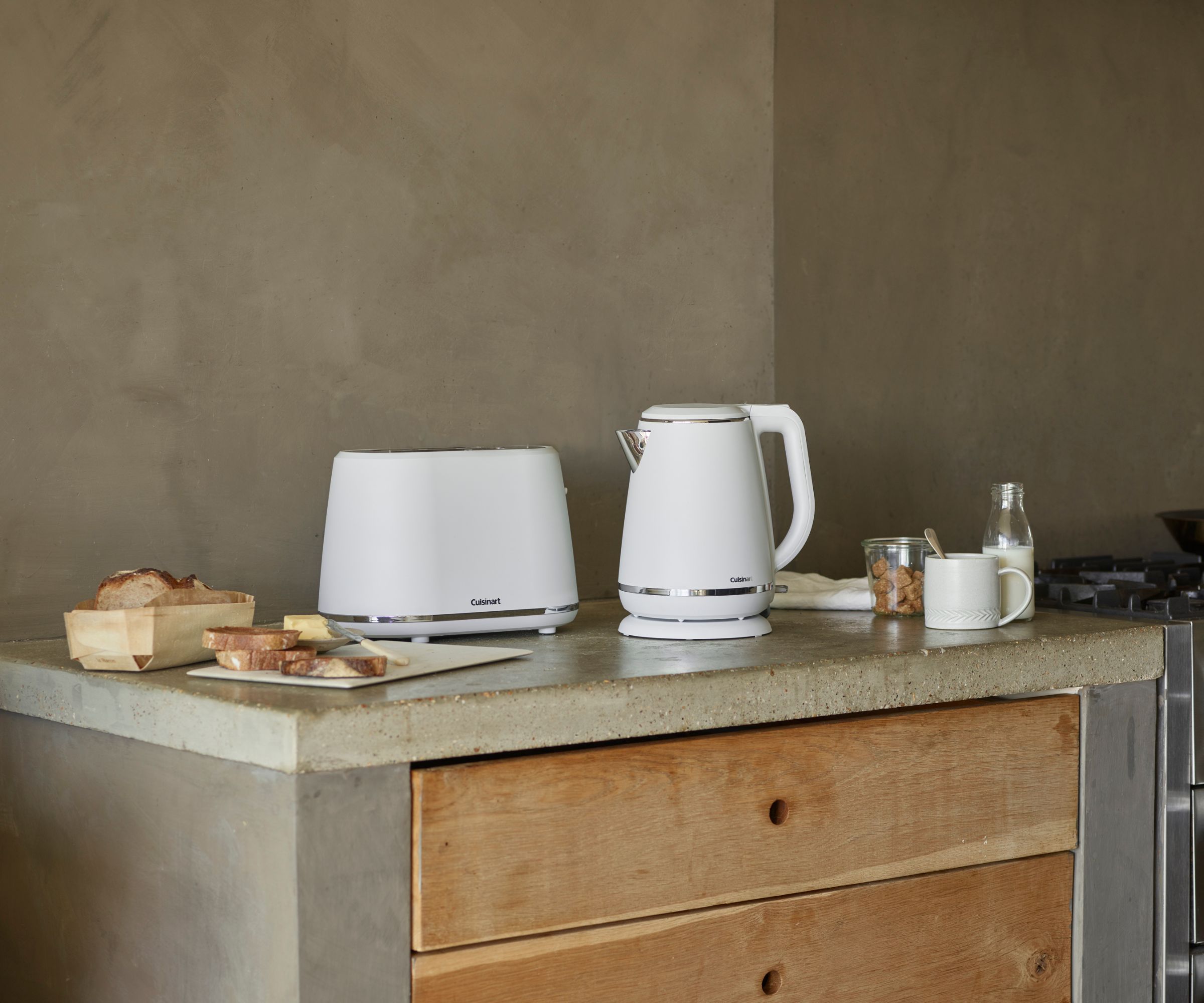
Although they tend to be appliances you don't need to unplug in a heatwave, and, as Amanda Nelson, Co-Owner of Young Cardinal Electric, notes, ‘homes nowadays are mostly wired in a safe manner where the risks of leaving items plugged in while on vacations isn’t high,’ if you want to be on the safe side, unplug miscellaneous items pre-trip. These might include your coffee maker, hair straightener, or toaster. If you aren’t going to be at home using them and want your mind one hundred and ten percent at ease, plug them out.
‘A simple surge can wipe out home appliances before your home breaker gets flipped,’ says Paul Karandos, Luxury Appliance Specialist at Universal Appliance and Kitchen Center. ‘Most new appliances have a sensor and will automatically shut down if it doesn’t detect use, but in keeping with best practices, unplugging appliances after every use would be a safer and more cost-effective option.’
Plugging out your appliances is also a surefire way to relieve your brain from wondering if you definitely switched everything off!
4. Any appliance that uses heat
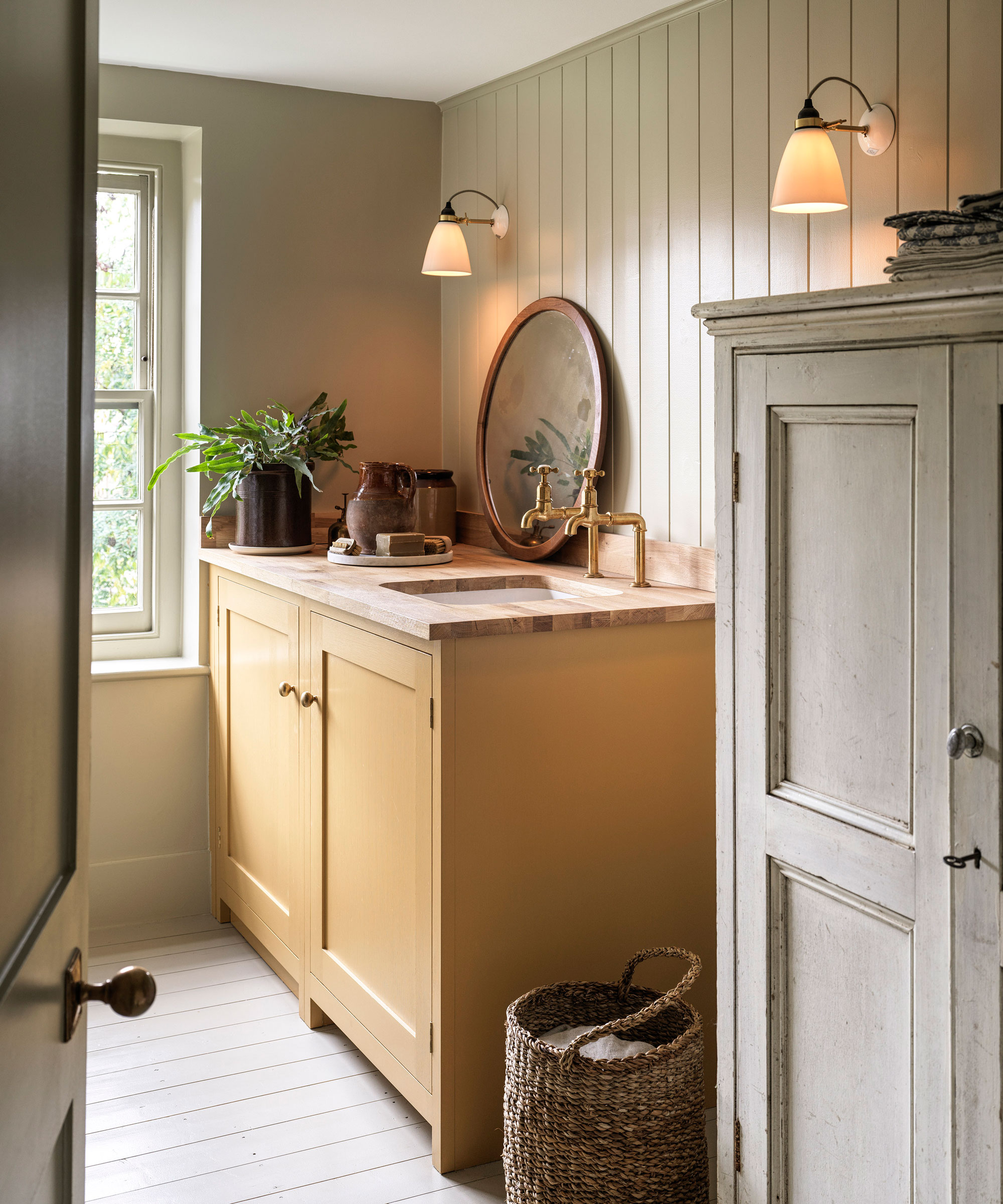
‘It might be a good candidate for unplugging if a device stays perceptibly warm when plugged in on standby,’ says Bill. ‘That warmth is power dissipation, and heat is never a friend to circuit components.’
We also strongly recommend turning turning off and unplugging all fans and purifiers before leaving your home for an extended amount of time. This is also a silent electricity drainer that doesn't need to be plugged on during vacation. A few other items falling into this category may include lamps, game consoles, large computers, and tumble dryers.
5. Any appliance that you know is older
Wear and tear is an inevitability when owning an appliance, but along with those signs of wear comes a decrease in quality that could impact the electricals. To be on the safe side, if you know you own a well-loved appliance that can be easily switched off, perhaps give it a vacation of its own while you’re away.
‘If you live in a home that is older and has not been rewired to current code, you’re more susceptible to triggering electrical dangers,’ says Amanda. ‘Or similarly, if your appliances themselves are old there may be a higher risk there.’
Amanda’s husband and company Co-Owner of Young Cardinal Electric, Adam, further recommends the following: ‘Adam suggests turning off the breaker to entire rooms where essential items are not located if someone is traveling for an extended period. This grants an opportunity to minimize the electrical pull and keep a person’s bills as low as possible.’
Enjoy your vacation, and make sure to check that anything you do leave plugged in is fully and properly plugged into the wall – half-in plugs can be a great danger!
Next, learn about which things to clean before going on winter vacation, for a fresh space when you get home – you'll thank yourself later.

Ciéra is a writer and regional laureate with particular passions for art, design, philosophy and poetry. As well as contributing to Homes & Gardens, she's an Editorial Assistant for Design Anthology UK and a contributing writer for magazines including Livingetc, Apartment Therapy, House Beautiful and Ideal Home. Previous commendations of hers include being Highly Commended by The Royal Society of Literature and receiving a prestigious MA Magazine Journalism scholarship to City, University of London.
